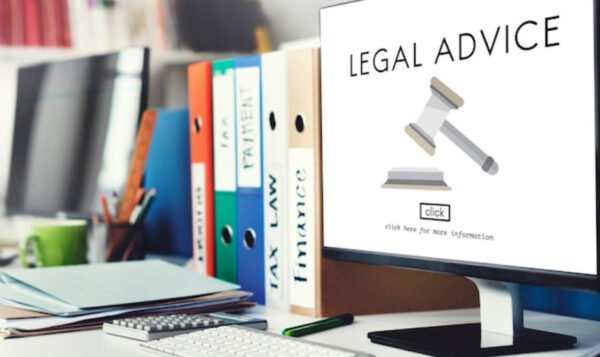When to Call an Insolvency Practitioner

Running a business comes with many challenges, and financial difficulties are unfortunately common. While temporary setbacks can often be managed internally, there are times when the problems go beyond what a business owner can handle alone. This is where an insolvency practitioner (IP) becomes essential.
Here’s why knowing when to call an insolvency practitioner can be the difference between restructuring your business for survival and facing unavoidable closure.
What is an Insolvency Practitioner?
An insolvency practitioner is a licensed professional whi is authorized to advise and act for individuals or businesses experiencing financial distress. Their role can include helping to restructure debts, negotiating with creditors, and administering formal insolvency processes such as liquidation, administration, or voluntary arrangements. Because they are regulated professionals, insolvency practitioners are held to strict ethical and professional standards, ensuring they act in the best interests of both debtors and creditors.
Signs That It’s Time to Seek Help
Many business owners wait too long before consulting an insolvency expert. Recognizing the warning signs early can give you a greater chance of recovery. You should consider calling an insolvency practitioner if:
- Cash flow is consistently negative: If your business regularly struggles to pay wages, suppliers, or tax bills, it may be a sign of deeper financial problems.
- Creditors are putting on pressure: Receiving statutory demands, winding-up petitions, or persistent threats of legal action from creditors is a red flag that needs urgent attention.
- HMRC arrears are building up: Falling behind on PAYE, VAT, or Corporation Tax is a common trigger for insolvency issues, as HMRC is one of the most aggressive creditors.
- Directors are considering personal guarantees: If you are relying on personal credit or guarantees to keep the business afloat, you may be exposing yourself to unnecessary risk.
- Balance sheets show liabilities exceeding assets: When debts are greater than the company’s assets, this is a sign of balance sheet insolvency.
At this stage, many business owners may feel overwhelmed and unsure who to turn to. Consulting an experienced insolvency practitioner from a reputable firm by searching up https://www.mcalisterco.co.uk/ can provide clarity and practical solutions, helping you understand the options available and the implications of each choice.
The Benefits of Early Action
One of the biggest misconceptions about insolvency practitioners is that they only deal with closing companies. In reality, they can often help businesses avoid liquidation if they are consulted early enough. By bringing in an IP at the first signs of trouble, you may have access to solutions such as:
- Company Voluntary Arrangements (CVAs)to restructure debts while continuing to trade
- Administrationto protect the company from creditor action while a recovery plan is implemented
- Time-to-Pay arrangementswith HMRC to spread tax liabilities
- Voluntary liquidationif closure is the most appropriate option
The earlier you seek professional guidance, the more options you will typically have available.
Protecting Directors and Stakeholders
Directors have legal duties when a company is insolvent, including avoiding wrongful trading. Continuing to operate without professional advice can put directors at personal risk, potentially making them liable for company debts. By calling an insolvency practitioner, directors can ensure they comply with their responsibilities and protect themselves from future claims.



